Dispatch: A Shared Dialogue
In the last of the dispatches from ‘Non-Western Technologies for the Good Life’ the artists-educators-gardeners Irina Botea Bucan and Jon Dean reflect on gardening as an act of care, the politics of food and the shared stories, recipes and experiences they encountered at The Experimental Station for Research on Art and Life.
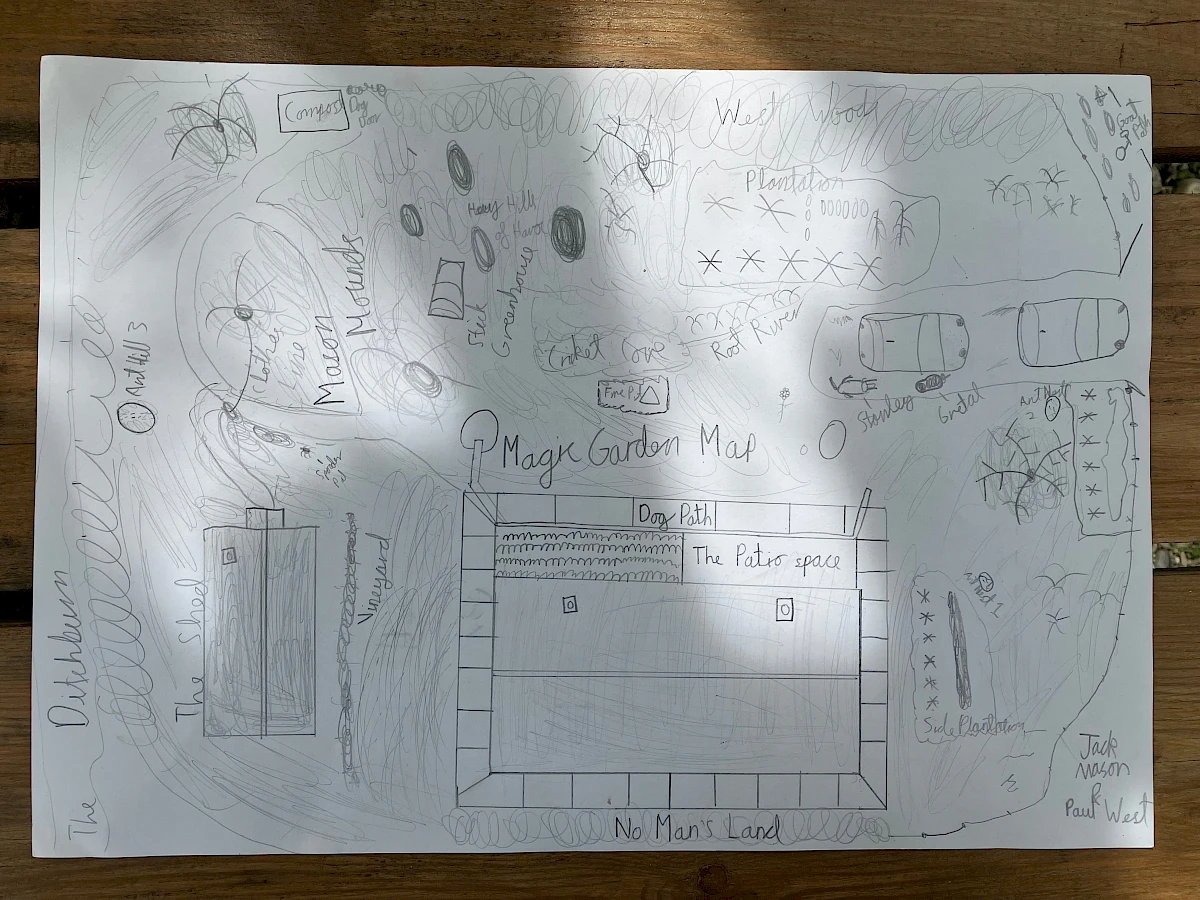
Map of Casa Radesti and the garden by our two ten-year-old friends Jack and Paul. Photo: Irina Botea Bucan
Sometimes we talk together about food; our shared memories of communal bread making, corn flour and mamaliga. Other times we read in voice, talk, and listen to ideas about the soil and how de-modernization is a necessary companion to de-colonization. It always seems like we are talking from a garden, with our feet on a soil in need. Even when each of us are in our own rooms (for me) it smells like the garden at the Station, where the cardoon from Ana has just grown ‘gigantically’ in spite of all squashy odds, the tall and thick Jerusalem artichokes are still popping up everywhere, and the new Miyawaki Forest promises communal hope. I find warm hope and I am swamped in joy each time I go to the Station and we all garden together. We gathered around the oven (that Vasile built with us) with Hiwa who shared his mother’s recipe, walnut, pomegranate, rice and stories. We gathered inside the new greenhouse next to the enthusiastic papaya trees. We could not believe the warmth we felt inside.
In London, Jon and I found a tree full of mushrooms. A dry tree that gave its trunk to the mushrooms. This is the image that Charles Esche drew for us: ‘maybe it is time for the West to be the dry tree that gives its body to the South… to grow.’ I asked Charles about the new art institutions that are built on the destruction of factories and desperation of workers. He told me that it is the same old story, and they too need to de-colonize themselves.
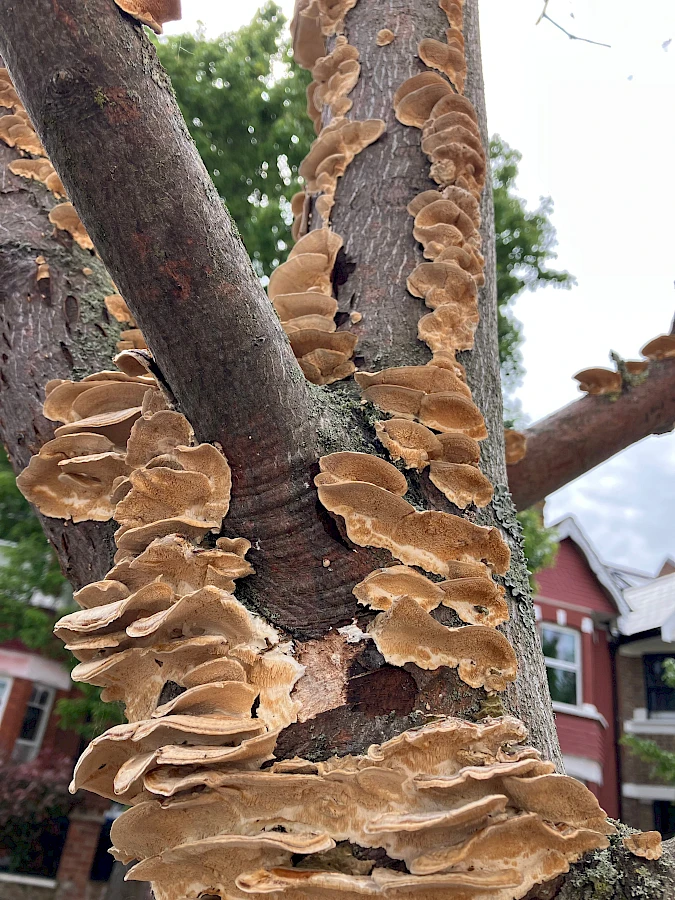
A tree in London hosting mushrooms. Photo: Irina Botea Bucan
Applying Convivial Tools in No Particular Order
Food is political. Gardening is political. An imposition on the soil, and many times a necessity. I write from a garden. I belong to a garden that is connected to my grandparents; to their way of growing and taking care of the land, plants, trees and animals. Picking up the Colorado potato bugs behind my grandmother and grandfather. Opening up the corn and the dried beans together in a circle until the hands are burning, cooling them down in yellow-red cold corn grains, and listening to stories. Watching the white cabbage butterflies spread their wings, and understanding their short life-cycle.
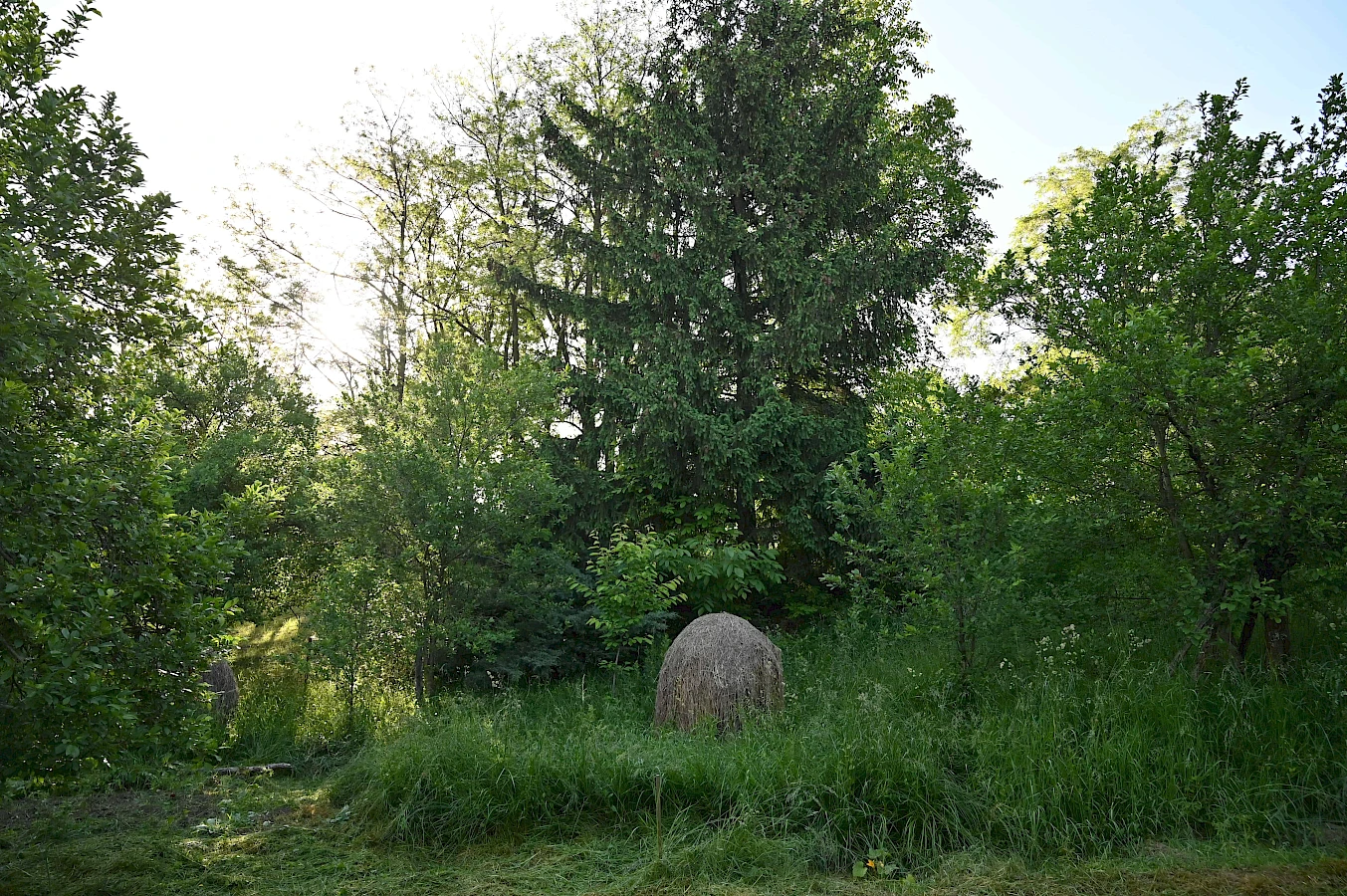
Our garden at Casa Radesti in the summer. Photo: Jon Dean
In March 2020, the day before Bucharest ‘closed down’ due to Covid restrictions, Jon and I left with a trolley bag to live in an unfinished house in a village in Arges, Romania. After the joy and amazement of falling asleep on a wooden floor while watching flames in the ‘soba’ (wood burner) and breathing next to grass, trees, bees and a lizard family, I became obsessed with gardening. It only took two days to become obsessed. Times were so unsure, there were rumours of how all of the crops would fail, and as peoples’ work and travel was restricted, I felt that gardening and growing vegetables was an urgency. Later it became clearer to me that maybe it was also a personal necessity of exercising care. But what it brought to us was a deep and fast introduction into the village community. We started digging, Jon wanted to make raised beds, and since our garden is at the intersection of three main roads in the village, everybody gave us advice of where to, how to, and what to... plant. We listened to all of them, and especially to the positive encouragement of Nicu the Fisherman, who still has the best seeds, seedlings, and sweetest tomatoes in the village. We are now in the year of the acacia tree. Nicu the Fisherman and Doamna Cici told us that they have never seen the acacias ‘more-full of flowers’; to the point that you can barely see their leaves.
Valiana Aguilar agrees with Jon: food is political. If you control food, you control people. She tells us we should not call the deposits of seeds – seed banks – and that our bodies are not made in one generation. She teaches us. She tells us how they enriched the soil, how they keep the ancient seeds. Our soil is mainly clay. We add chisai, sand brought from the river, and ash from our wood burners. I hope for a future with Terra Preta and Biochar (Vandana Shiva); my friend Morag promised to teach me how to make it.
I plant to understand: They tried to bury us, they didn’t know we were seeds.
They first observed the plants and the soil when they were moved from one place to another (Clint Carroll). We started planting out of emergency but only after we had started to observe. We observed the four-year cycle of abundance. We now know better what to expect if the frost and snow falls in March or April, or even following a colder period in May. This year the abundance is here. A bank full of wild strawberries. The sour cherries almost form a Miyawaki Forest; we have not cut them and let them grow after our neighbour cut their sour cherry mother tree. Our old plum trees are full of small green plums. But one does not possess a tree, but rather lives near a tree or a garden. The very small apple tree now has seventy apples. I am not sure how many will survive. We dared to prune the tree this spring. Remember the wooden basket weaver’s lesson (Robin Wall Kimmerer): you must first ask a tree if it will allow you to cut it. But the forest needs some trees to be cut. Take only what you need and ask the acacia tree if she wants to give you some of her flowers. We have been waiting for the rain for a week now. The temporality of the Earth challenges the temporality of the West (Rolando Vázquez), instead of Life without a clock (a FB page of the people that moved from the cities to the countryside in Romania).
Re-positioning?
(…) all those of us who no longer want to be complicit with the silencing of popular knowledges and experiences by Eurocentric knowledge, sometimes performed even in the name of allegedly critical and progressive theory. (Escobar, Thinking-Feeling with the Earth)
Whose voice are we talking?
Whose dream are we dreaming?
Whose eyes are we seeing though?
(from conversations with Rolando and Ovidiu)
It is finally raining!!!!!!
(Irina)
A Reflective Wordplay on the Process of Looking from Diverse Locations and Perspectives:
Sometimes… we know what we know
Or at least that is a theory
Otherwise… we don’t know what we don’t know
And that is a practice
From here to there and occasionally back again
Ideas can circulate in fluctuating motion
Transformative movements could reconstruct a ladder’s steps
Reconfiguring dialogue and understanding
So that they then become plural rather than singular
It is evidently time to clean the windows
With or without a ladder
(Jon)
Related activities
-
–tranzit.ro
Non-Western Technologies for the Good Life
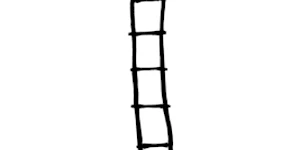
The experimental course ‘Non-Western Technologies for the Good Life’ (November 2023–May 2024) celebrates as its starting point the anniversary of 50 years since the publication of Tools for Conviviality, considering that Ivan Illich’s call is as relevant as ever.
-
HDK-Valand
Climate Forum I
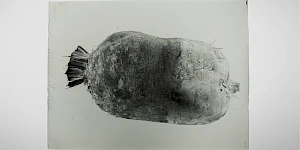
The Climate Forum is a space of dialogue and exchange with respect to the concrete operational practices being implemented within the art field in response to climate change and ecological degradation. This is the first in a series of meetings hosted by HDK-Valand within L'Internationale's Museum of the Commons programme.
-
–Van Abbemuseum
The Soils Project
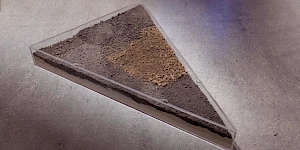
‘The Soils Project’ is part of an eponymous, long-term research initiative involving TarraWarra Museum of Art (Wurundjeri Country, Australia), the Van Abbemuseum (Eindhoven, Netherlands) and Struggles for Sovereignty, a collective based in Yogyakarta, Indonesia. It works through specific and situated practices that consider soil, as both metaphor and matter.
Seeking and facilitating opportunities to listen to diverse voices and perspectives around notions of caring for land, soil and sovereign territories, the project has been in development since 2018. An international collaboration between three organisations, and several artists, curators, writers and activists, it has manifested in various iterations over several years. The group exhibition ‘Soils’ at the Van Abbemuseum is part of Museum of the Commons. -
–Museo Reina Sofia
Sustainable Art Production
The Studies Center of Museo Reina Sofía will publish an open call for four residencies of artistic practice for projects that address the emergencies and challenges derived from the climate crisis such as food sovereignty, architecture and sustainability, communal practices, diasporas and exiles or ecological and political sustainability, among others.
-
–Moderna galerijaZRC SAZU
Open Call – Summer School: Our Many Easts
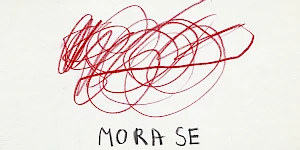
Our Many Easts summer school takes place in Ljubljana 24–30 August and the application deadline is 15 March. Courses will be held in English and cover topics such as the legacy of the Eastern European avant-gardes, archives as tools of emancipation, the new “non-aligned” networks, art in times of conflict and war, ecology and the environment.
-
–Institute of Radical Imagination
Gathering into the Maelstrom
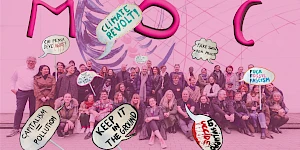
‘Gathering into the Maelstrom’ in Venice at Sale Docks is a four-day programme curated by Institute of Radical Imagination (IRI) and Sale Docks.
-
–Institute of Radical Imagination
Gathering into the Maelstrom (exhibition)
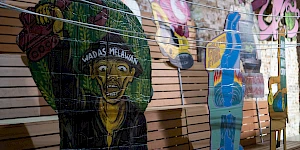
‘Gathering into the Maelstrom’ is curated by Institute of Radical Imagination and Sale Docks within the framework of Museum of the Commons.
-
–M HKA
The Lives of Animals
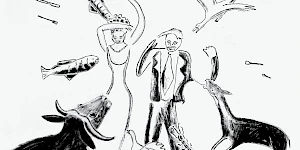
‘The Lives of Animals’ is a group exhibition at M HKA that looks at the subject of animals from the perspective of the visual arts.
-
–SALT
Warm Earth Sounds for Plants and the People Who Love Them
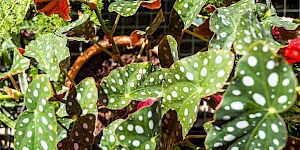
‘Warm Earth Sounds for Plants and the People Who Love Them’ is a series of sound installations by Özcan Ertek, Fulya Uçanok, Ömer Sarıgedik, Zeynep Ayşe Hatipoğlu, and Passepartout Duo, presented at Salt in Istanbul.
-
–SALT
Sound of Green
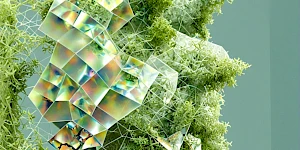
‘Warm Earth Sounds for Plants and the People Who Love Them’ at Salt in Istanbul begins on 5 June, World Environment Day, with Özcan Ertek’s installation ‘Sound of Green’.
-
–Museo Reina Sofia
Open Call: Research Residencies
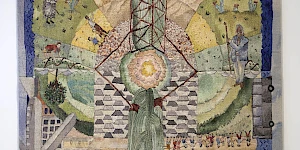
The Centro de Estudios of Museo Reina Sofía releases its open call for research residencies as part of the climate thread within the Museum of the Commons programme.
-
HDK-Valand
Climate Forum II
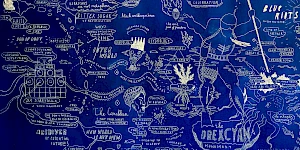
The Climate Forum is a series of online meetings hosted by HDK-Valand within L’Internationale’s Museum of the Commons programme. The series builds upon earlier research resulting in the (2022) book Climate: Our Right to Breathe and reaches toward emerging change practices.
-
HDK-Valand
Climate Forum III
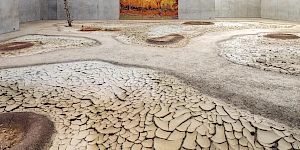
The Climate Forum is a series of online meetings hosted by HDK-Valand within L’Internationale’s Museum of the Commons programme. The series builds upon earlier research resulting in the (2022) book Climate: Our Right to Breathe and reaches toward emerging change practices.
-
–M HKA
The Geopolitics of Infrastructure

The exhibition The Geopolitics of Infrastructure presents the work of a generation of artists bringing contemporary perspectives on the particular topicality of infrastructure in a transnational, geopolitical context.
-
–MACBAMuseo Reina Sofia
School of Common Knowledge 2025
The second iteration of the School of Common Knowledge will bring together international participants, faculty from the confederation and situated organisations in Barcelona and Madrid.
-
–SALT
The Lives of Animals, Salt Beyoğlu
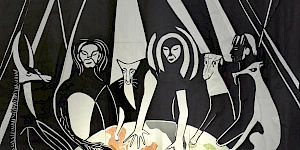
‘The Lives of Animals’ is a group exhibition at Salt that looks at the subject of animals from the perspective of the visual arts.
-
–SALT
Plant(ing) Entanglements

The series of sound installations Warm Earth Sounds for Plants and the People Who Love Them ends with Fulya Uçanok’s sound installation Plant(ing) Entanglements.
-
–Museo Reina Sofia
Sustainable Art Production. Research Residencies
The projects selected in the first call of the Sustainable Art Practice research residencies are A hores d'ara. Experiences and memory of the defense of the Huerta valenciana through its archive by the group of researchers Anaïs Florin, Natalia Castellano and Alba Herrero; and Fundamental Errors by the filmmaker and architect Mauricio Freyre.
Related contributions and publications
-
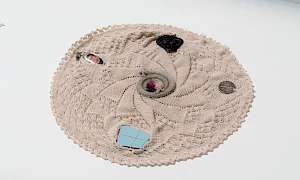
Decolonial aesthesis: weaving each other
Charles Esche, Rolando Vázquez, Teresa Cos RebolloThe Soils ProjectClimateVan Abbemuseum -
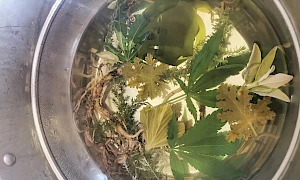
Climate Forum I – Readings
Nkule MabasoThe Climate ForumClimateHDK-ValandEN es -
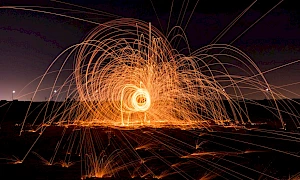
…and the Earth along. Tales about the making, remaking and unmaking of the world.
Martin Pogačar... and the Earth alongClimatePast in the Present -
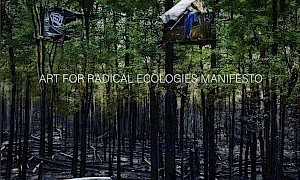
Art for Radical Ecologies Manifesto
Institute of Radical ImaginationArt for Radical Ecologies ManifestoClimateInstitute of Radical Imagination -
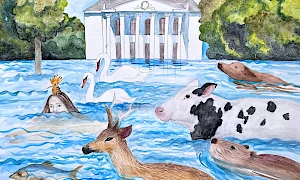
Pollution as a Weapon of War
Svitlana MatviyenkoClimate -
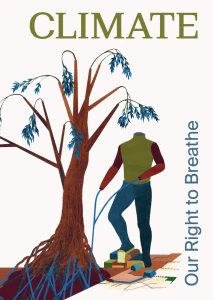
Climate: Our Right to Breathe
ClimateThe Climate Forum -
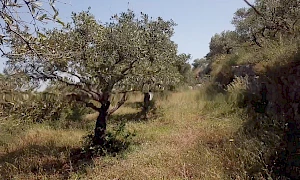
A Letter Inside a Letter: How Labor Appears and Disappears
Marwa ArsaniosThe Climate ForumClimate -
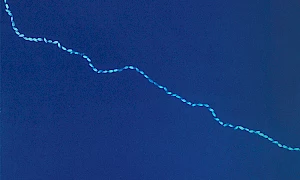
Seeds Shall Set Us Free II
Munem WasifThe Climate ForumClimate -
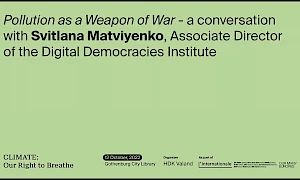
Pollution as a Weapon of War – a conversation with Svitlana Matviyenko
Svitlana MatviyenkoClimateClimate book launchHDK-Valand -
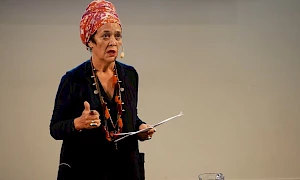
Françoise Vergès – Breathing: A Revolutionary Act
Françoise VergèsClimateClimate book launchHDK-Valand -
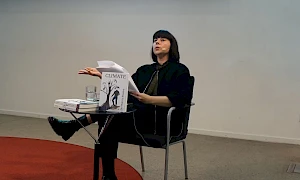
Ana Teixeira Pinto – Fire and Fuel: Energy and Chronopolitical Allegory
Ana Teixeira PintoClimateClimate book launchHDK-Valand -
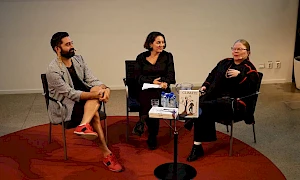
Watery Histories – a conversation between artists Katarina Pirak Sikku and Léuli Eshrāghi
Léuli Eshrāghi, Katarina Pirak SikkuClimateClimate book launchHDK-Valand -
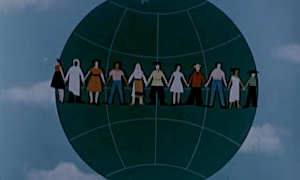
The Veil of Peace
Ovidiu ŢichindeleanuPast in the Presenttranzit.ro -

Indra's Web
Vandana Singh... and the Earth alongPast in the PresentClimateZRC SAZU -
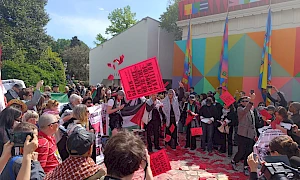
One Day, Freedom Will Be
Françoise Vergès, Maddalena FragnitoArt for Radical Ecologies ManifestoTowards Collective Study in Times of EmergencyInstitute of Radical ImaginationClimate -
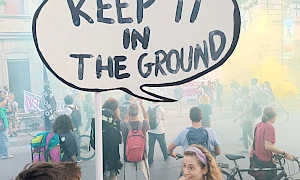
Art and Materialisms: At the intersection of New Materialisms and Operaismo
Emanuele BragaArt for Radical Ecologies ManifestoInstitute of Radical ImaginationClimate -
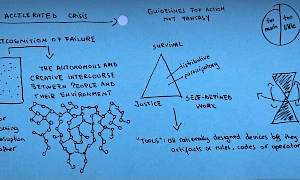
Dispatch: Harvesting Non-Western Epistemologies (ongoing)
Adelina LuftClimatetranzit.ro -
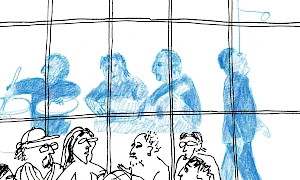
Dispatch: From the Eleventh Session of Non-Western Technologies for the Good Life
Ana Kuntranzit.ro -
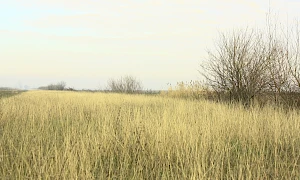
Dispatch: Practicing Conviviality
Ana BarbuClimatetranzit.ro -
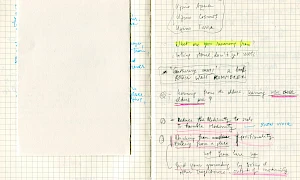
Dispatch: Notes on Separation and Conviviality
Raluca PopaSituated OrganizationsClimatetranzit.ro -
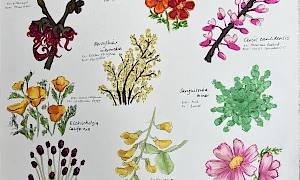
Dispatch: The Arrow of Time
Catherine MorlandClimatetranzit.ro -
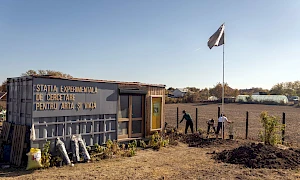
To Build an Ecological Art Institution: The Experimental Station for Research on Art and Life
Ovidiu Ţichindeleanu, Raluca VoineaArt for Radical Ecologies ManifestoClimateSituated Organizationstranzit.ro -
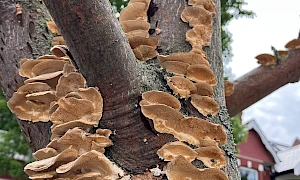
Dispatch: A Shared Dialogue
Irina Botea Bucan, Jon DeanClimatetranzit.ro -
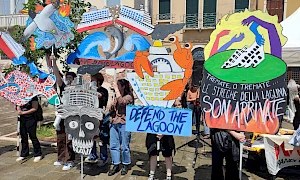
Art, Radical Ecologies and Class Composition: On the possible alliance between historical and new materialisms
Marco BaravalleArt for Radical Ecologies ManifestoInstitute of Radical ImaginationClimate -
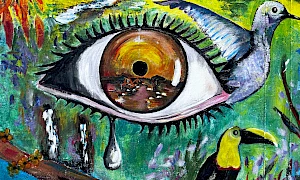
‘Territorios en resistencia’, Artistic Perspectives from Latin America
Rosa Jijón & Francesco Martone (A4C), Sofía Acosta Varea, Boloh Miranda Izquierdo, Anamaría GarzónArt for Radical Ecologies ManifestoClimateInstitute of Radical Imagination -
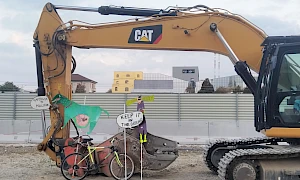
Unhinging the Dual Machine: The Politics of Radical Kinship for a Different Art Ecology
Federica TimetoArt for Radical Ecologies ManifestoInstitute of Radical ImaginationClimate -
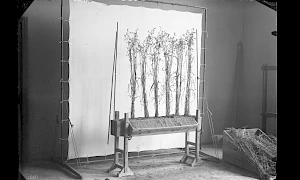
Cultivating Abundance
Åsa SonjasdotterThe Climate ForumClimatePast in the Present -
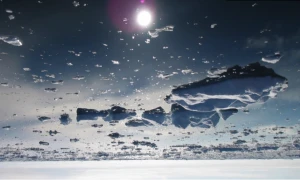
Climate Forum II – Readings
Nkule Mabaso, Nick AikensThe Climate ForumClimateHDK-Valand -
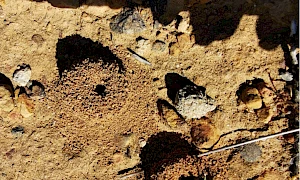
Eating clay is not an eating disorder
Zayaan KhanThe Climate ForumRecette. Reset. Recipes in and Beyond the InstitutionClimatePast in the Present -
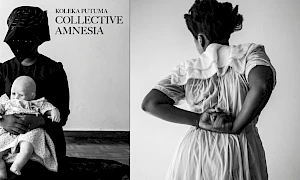
Graduation
Koleka PutumaThe Climate ForumClimate -
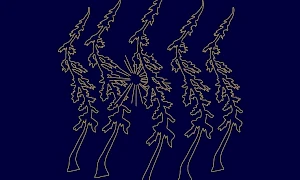
Depression
Gargi BhattacharyyaThe Climate ForumClimate -
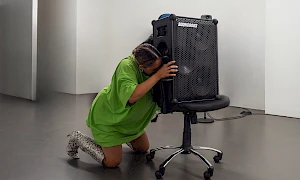
Climate Forum III – Readings
Yolande Zola Zoli van der HeideThe Climate ForumClimate -
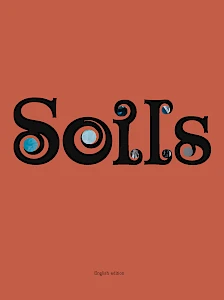
Soils
The Soils ProjectClimateVan Abbemuseum -
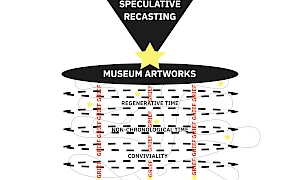
Dispatch: There is grief, but there is also life
Cathryn KlastoThe Climate ForumClimate -
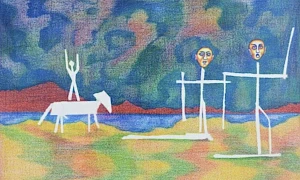
Beyond Distorted Realities: Palestine, Magical Realism and Climate Fiction
Sanabel Abdel RahmanTowards Collective Study in Times of EmergencyPast in the PresentClimate -
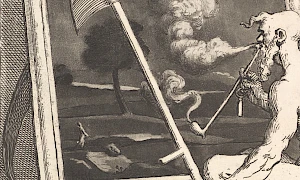
Dispatch: Care Work is Grief Work
Abril Cisneros RamírezThe Climate ForumClimate -
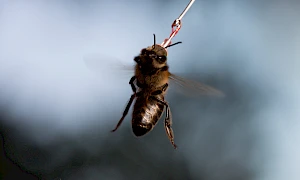
Reading List: Lives of Animals
Joanna ZielińskaClimateM HKA -

Sonic Room: Translating Animals
Joanna Zielińska... and the Earth alongClimate -
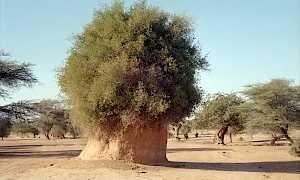
Encounters with Ecologies of the Savannah – Aadaajii laɗɗe
Katia Golovko... and the Earth alongClimate